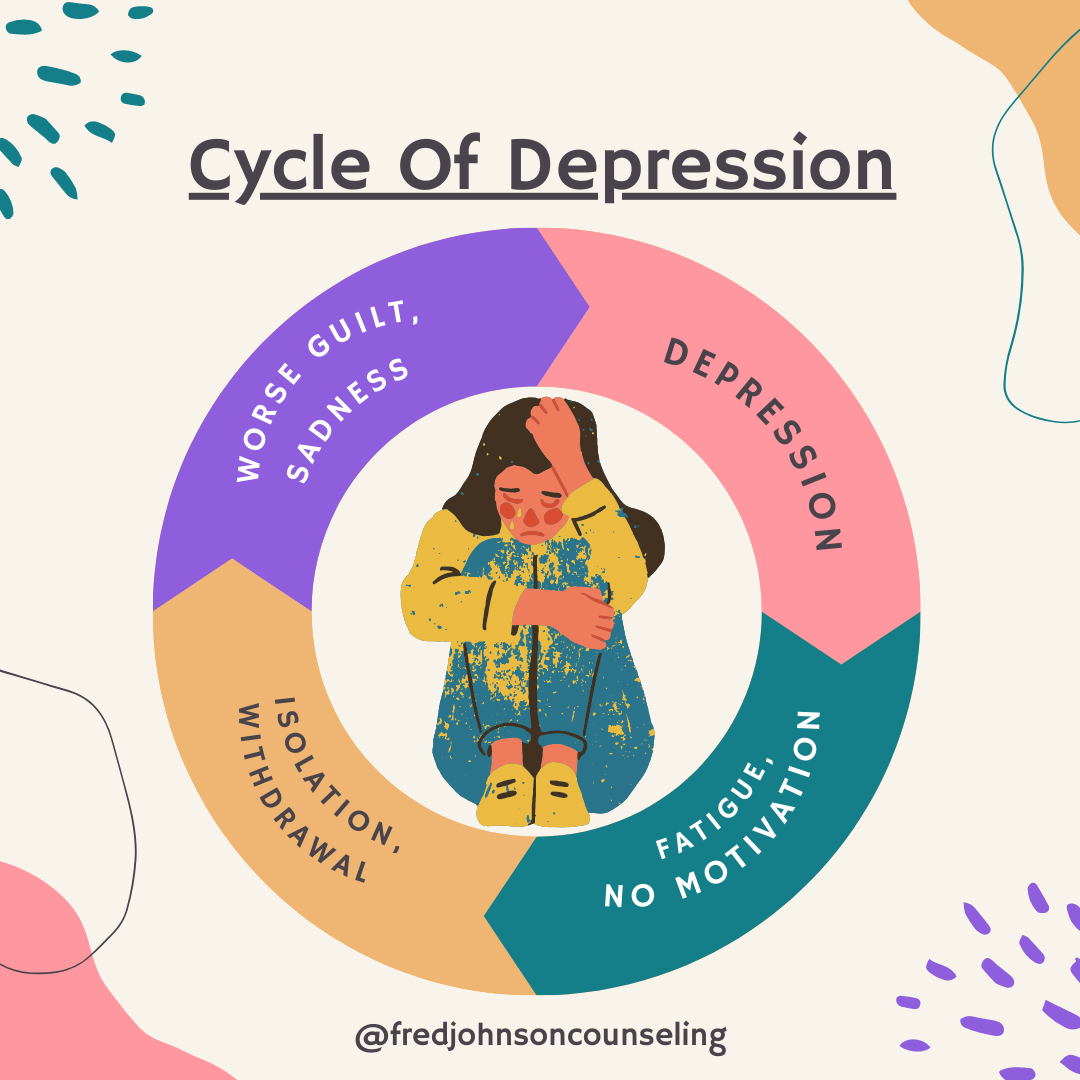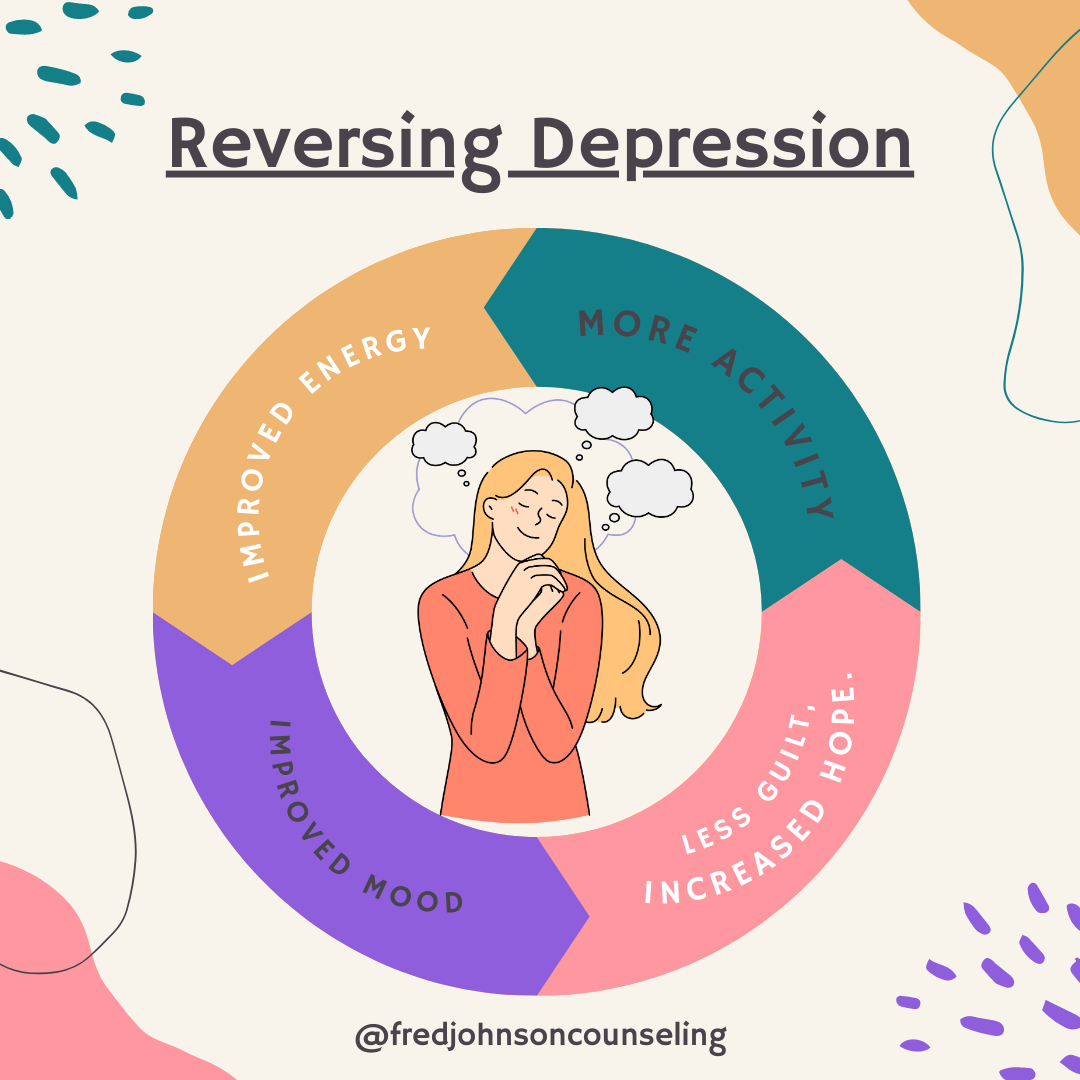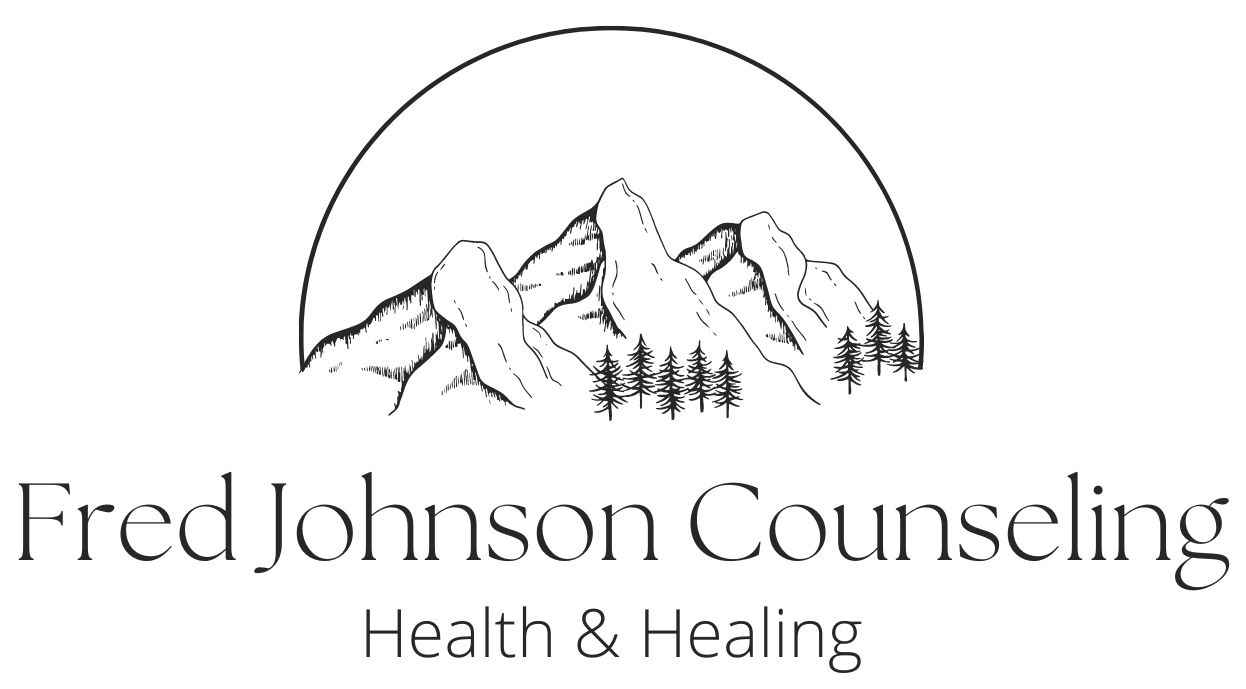By Fred Johnson
•
August 1, 2024
Each year, on the first day of August, I remind myself that we are closer to the end of the month than ever before. Each day after, as sweltering humid heat swarms us here in the south, I am reminded that it is now one day closer to the sweet relief of fall temperatures. I’m not sure how I would fair, if by chance, I believed the rampant heat waves of August would never leave. Thankfully, I know seasons come and seasons go. The dreaded drudgery of a hellacious August will soon be gone. The expounding beauty of fall, with leaves changing and cool breezes blowing, will soon arrive. Admittedly, this confession of seasonal distaste is a bit melodramatic. Yet, it serves as a practical example of what is known as “tolerable” stress and an adaptive coping response. Types of stress vary, but the three main categories are “good/positive”, “tolerable”, and “toxic” (1). These categories are not concrete or strictly defined by rules and circumstance necessarily. What is “good” stress for one person, may be “toxic” for another. Throughout our lives, the same stressors can change categories multiple times. Stress levels depend on the degree to which a person perceives control over a stressor or situation and whether they have support systems or resources in place to handle the stressor over their lifespan (2). A flat tire one day may be nothing other than a slight inconvenience. Yet on another day, it may represent all the uncontrollable forces keeping you from arriving on time to an important job interview. An easier way of saying all of this is, when we lose our sense of being (ability to control or make decisions) to a circumstance, we are a susceptible to toxic stress. This is where endurance comes in. I would love to say there is short and simple method to reduce and mitigate all toxic stress in our lives. Unfortunately, this just isn’t so. It doesn’t need to be. Because life, people, the world we live in, are all super complicated. What is important and hopeful: the effects of chronic/toxic stress in the brain and body are responsive to recovery and healing. Let’s talk about endurance as a helper for stress. Endurance, or the ability to withstand hardship or adversity, can be a simple, but effective tool to transition from toxic stress to tolerable stress. Enduring is a mindset of “thriving despite”. Thriving despite the terrible. Living beyond the hurt or difficulty. Healing to be able to accept good again. The difference in the stress types is significant. Remember that our perception plays a major role in which is which. Positive/good stress: normal life challenges such as receiving a promotion, learning a new skill, exercise, or having a child. Here we are allowed goals, enjoy success, and try new things. Choice remains in these. Tolerable stress is usually non-normative. Examples are loss of a loved one, serious illness, or natural disasters. There is a sense of unfairness in this. Often the choice to feel good is removed or feels wrong to do so. Our choice is questioned here. Toxic stress is typical adverse and inappropriate. Over time it can carry heavy physical and psychological consequences. All of life is darkened by this. Seeing good is tinted by what we have been through or currently in. We usually feel there is no choice in these. Abuse, intimate partner violence, Determining in our mind, to endure, withstand, and survive a critically difficult situation can move us from toxic stress to the tolerable type, then eventually the good type of stress. Living to allow good again. If ever there was a sentence that embodied the old phrase, “easier said than done” ---- that one was it. Tragically, it seems toxic stress only makes us good at surviving trauma or the terrible. It limits our ability to enjoy or even to see the beauty in a moment. The healing process allows us to be more human than before toxic stress skewed our view of the world. Talking with a counselor can be a critical part of healing. I hope that perhaps today in reading this, you’ve found a tool to help enduring despite what you’re up against. Notes: 1. https://center.uoregon.edu/StartingStrong/uploads/STARTINGSTRONG2016/HANDOUTS/KEY_49962/TypesofStress.pdf 2. https://www.ncbi.nlm.nih.gov/pmc/articles/PMC2864527/





